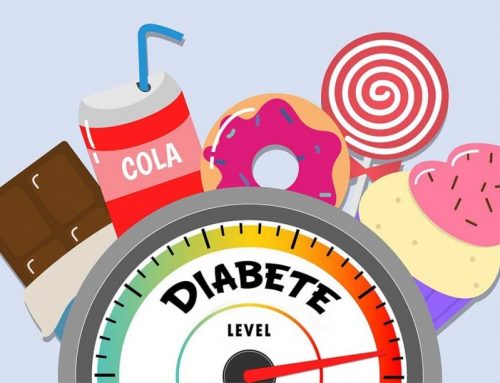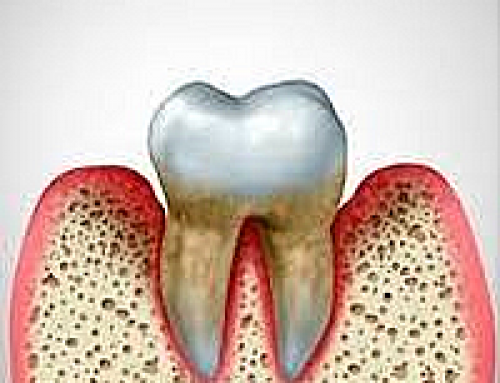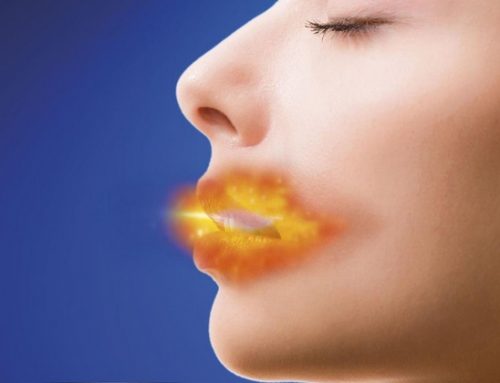Maekawa, T., & Hajishengallis, G.
Abstract
Background and Objective – An increasing body of evidence suggests that the use of probiotic bacteria is a promising intervention approach for the treatment of inflammatory diseases with a polymicrobial etiology. The objective of this study was to determine whether Lactobacillus brevis CD 2 could inhibit periodontal inflammation and bone loss in experimental periodontitis.
Material and Methods – Periodontitis was induced by placing a silk ligature around the second maxillary molar of mice treated with L. brevis CD 2 (8 × 105 CFU in 1 mm2 lyopatch) or placebo, which were placed between the gingiva and the buccal mucosa near the ligated teeth. The mice were killed after 5 d and bone loss was measured morphometrically, gingival expression of proinflammatory cytokines was determined by quantitative real‐time polymerase chain reaction , and CFU counts of periodontitis‐associated bacteria were determined after aerobic and anaerobic culture. To determine the role of arginine deiminase released by L. brevis CD 2, soluble extracts with or without formamidine (arginine deiminase inhibitor) were tested in in vitro cellular activation assays.
Results – Mice topically treated with L. brevis CD 2 displayed significantly decreased bone loss and lower expression of tumor necrosis factor , and interleukin ‐1β, ‐6 and ‐17A as compared to placebo‐treated mice. Moreover, L. brevis CD 2‐treated mice displayed lower counts of anaerobic bacteria but higher counts of aerobic bacteria than placebo‐treated mice. In in vitro assays, the anti‐inflammatory effects of soluble L. brevis CD 2 extracts were heavily dependent on the presence of functional arginine deiminase, an enzyme that can inhibit nitric oxide synthesis.
Conclusion – These data provide proof‐of‐concept that the probiotic L. brevis CD 2 can inhibit periodontitis through modulatory effects on the host response and the periodontal microbiota.








Scrivi un commento
Devi accedere, per commentare.